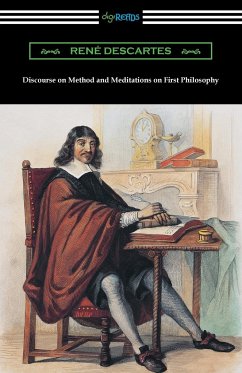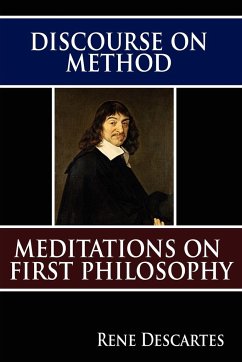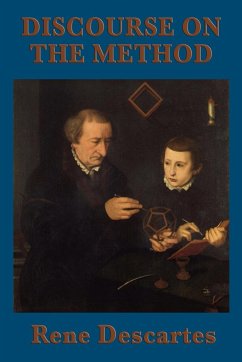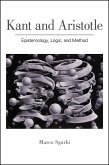Ren Descartes also known as Renatus Cartesius (latinized form), was a highly influential French philosopher, mathematician, scientist, and writer. He has been dubbed the "Father of Modern Philosophy," and much of subsequent Western philosophy is a response to his writings which continue to be studied closely to this day. In particular, his Meditations continues to be a standard text at most university philosophy departments. Descartes' influence in mathematics is also apparent, the Cartesian coordinate system allowing geometric shapes to be expressed in algebraic equations being named for him. Descartes was also one of the key figures in the Scientific Revolution.








